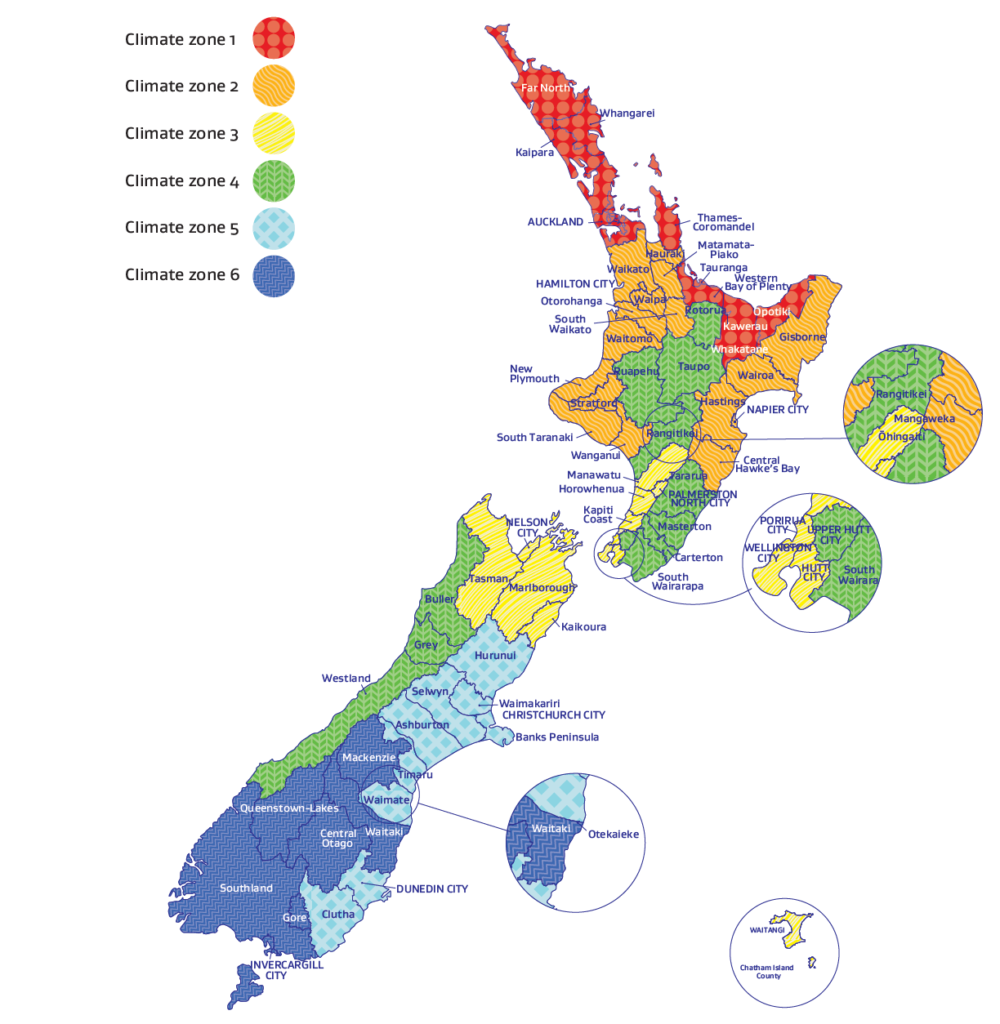
Ministry for Business, Innovation and Employment (MBIE) building system performance general manager John Sneyd explains the decision to extend the time to comply with new wall, floor and roof insulation requirements in new homes by six months to May 1, 2023.
At the MBIE we are committed to working alongside the construction sector to ensure successful implementation of all important changes.
The H1 insulation changes announced following consultation last year are the most significant energy efficiency changes to the Building Code in more than a decade, and we need to be all in this together to implement these changes.
It’s clear all parts of the sector recognise the need for New Zealand to provide higher performing houses while responding to the urgency of climate change.
However, these past couple of months have been challenging for the sector. Concerns about the time frame for complying with H1 started to be voiced with the MBIE as we came closer to the implementation date.
We took these concerns seriously and went out to consultation again to give all parts of the sector the chance to have a say on whether they had enough time to adjust to the new insulation requirements.
This second consultation received the highest level of submissions of any Building Code consultation to date.
Our decision to extend the time to comply with new wall, floor, and roof insulation requirements for new homes was made after reviewing over 800 submissions, which provided us a broad range of perspectives and opinions on the matter.
We received more submissions from architects, designers and builders than we initially received in our previous H1 consultation. This ensured that we were able to capture the views of people responsible for designing and constructing homes that meet the new requirements.
Overall, responses showed a 50/50 split between those wanting to stick to the initial transition date and those wanting an extension. However, the concerns raised about keeping to this date were significant.
We recognise the existing pressures on all parts of the sector caused by Covid-19 and the current economic climate. Feedback, specifically from builders, indicated meeting the new insulation requirements by the initial date would further amplify these stresses.
Our aim with this extension is to reduce the impact on the well being of those working within the sector at an unprecedented time for the building industry in Aotearoa New Zealand.
The transition date for new wall, floor and roof insulation requirements in new homes has been extended by six months to May 1, 2023. This applies to all six climate zones.

In the meantime, anyone able to build houses to the newer insulation standards is strongly encouraged to do so as they generate warmer, drier, healthier and cheaper-to-heat homes for New Zealanders.
Requirements of windows and doors have an additional interim step for the coldest parts of the country (climate zones 3-6) before a further increase is required on May 1, 2023.
The rest of the country (climate zones 1-2) will keep to the initial time line with an interim step, before a further increase is required on November 2, 2023.
Suppliers and manufacturers have advised us they are confident in their ability to meet demand for the existing transition period. Many have begun making changes to their operations to meet the demands for these dates.
This extension only applies to housing. Insulation changes to commercial, communal residential and communal non-residential (assembly care only) buildings announced last year will proceed as planned.
Full details of the revised time lines and the H1 updates are available at www.building.govt.nz.
You can get in touch with the MBIE at [email protected].



